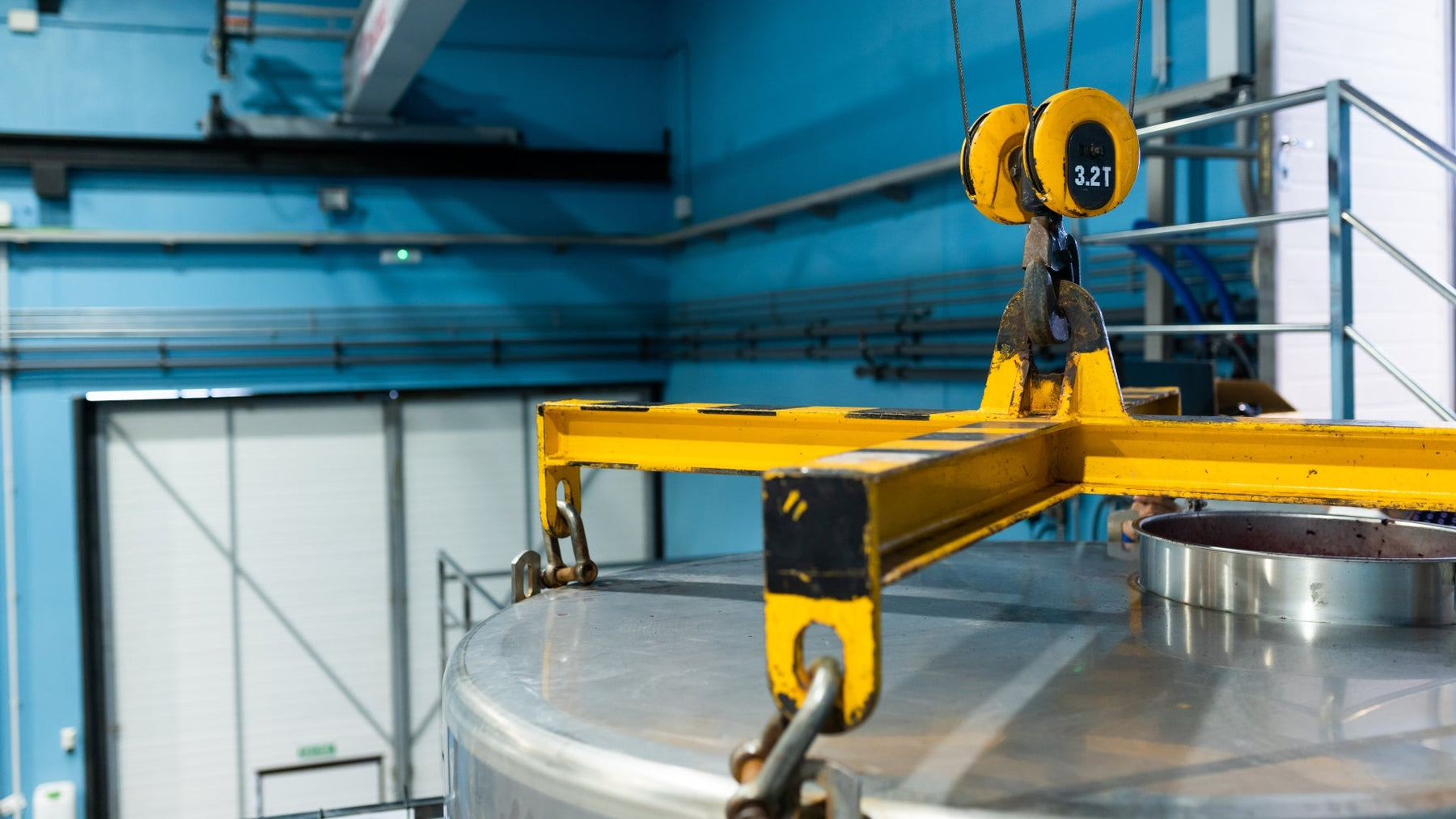
Finding the Right Industrial Scale for Sale: A Comprehensive Guide
Industrial scales are essential tools for businesses that require precise weight measurements in demanding environments. Whether you’re in manufacturing, logistics, agriculture, or warehousing, choosing the right industrial scale ensures accuracy, efficiency, and compliance with industry standards.
With so many different industrial scales available, selecting the best one for your needs can be challenging. This guide will help you understand the key factors to consider and explore the most common types of scales, including floor scales, crane scales, and pallet jack scales.
Why Choosing the Right Industrial Scale Matters
An industrial scale is not just about measuring weight—it impacts productivity, safety, and profitability. The impact of choosing correctly:
-
Accuracy & Compliance: Many industries require legal-for-trade certifications to meet regulatory standards.
-
Durability: Industrial environments demand rugged scales that withstand moisture, dust, and heavy loads.
-
Efficiency: The right scale speeds up operations, reducing downtime and labor costs.
-
Cost Savings: Investing in the correct scale prevents costly errors in shipping, inventory, and production.
Now, let’s explore the different industrial scales available and their best applications.
Types of Industrial Scales and Their Uses
1. Floor Scales
Best for: Heavy-duty weighing of pallets, drums, and large machinery.
Floor scales are among the most common industrial scales due to their versatility and high weight capacity (ranging from 1,000 lbs to 50,000+ lbs). They feature a low-profile design, making it easy to roll heavy items onto the platform.
Key Features:
-
Manufactured from steel or stainless steel for long-lasting performance
-
Waterproof and dustproof options for harsh environments.
-
Some models include ramps for forklift access.
Industries That Use Floor Scales:
-
Warehousing & Logistics
-
Manufacturing
-
Agriculture & Farming
-
Recycling & Waste Management
2. Crane Scales
Best for: Overhead weighing in construction, shipping, and metalworking.
A crane scale is designed to suspend from cranes, hoists, or forklifts to weigh large or awkwardly shaped loads. These scales are ideal when lifting heavy items that can’t be placed on a traditional platform scale.
Key Features:
-
High-capacity options (up to 50 tons or more).
-
Wireless remote displays for easy reading.
-
Shock-resistant for dynamic weighing.
Industries That Use Crane Scales:
-
Steel & Metal Fabrication
-
Shipping & Port Operations
-
Construction
-
Mining
3. Pallet Jack Scales
Best for: Weighing palletized goods while moving them.
A pallet jack scale integrates a weighing system into a hydraulic pallet jack, allowing operators to weigh loads without additional equipment. This improves efficiency in warehouses and distribution centers.
Key Features:
-
Portable and easy to maneuver.
-
Capacities from 5,000 to 10,000 lbs.
-
Battery-powered for wireless operation.
Industries That Use Pallet Jack Scales:
-
Retail & Distribution Centers
-
Food & Beverage
-
Pharmaceuticals
-
E-commerce Fulfillment
Selecting the Optimal Industrial Weighing Solution
When evaluating industrial weighing equipment, these critical factors guide your decision:
1. Capacity & Accuracy Requirements
-
Determine your operation's maximum required weighing capacity
-
Check if your industry requires legal-for-trade certification.
2. Environmental Conditions
-
Will the scale be used outdoors? Look for weatherproof models.
-
Is the workspace exposed to chemicals? Stainless steel scales are best.
3. Mobility Needs
-
Fixed-position floor scales deliver superior accuracy for permanent weighing setups.
-
Pallet jack scales are better for dynamic weighing while moving goods.
4. Connectivity & Data Management
-
Some scales offer USB, Bluetooth, or cloud-based data logging.
-
Integration with inventory software can streamline operations.
5. Budget & Long-Term Value
-
Cheaper scales may lack durability or features.
-
Investing in a high-quality industrial scale reduces long-term costs.
Final Thoughts
Selecting the right industrial scale depends on your specific weighing needs, environment, and operational workflow. Whether you need a floor scale for heavy pallets, a crane scale for overhead lifting, or a pallet jack scale for mobile weighing, understanding your requirements ensures you make the best investment.
At PrecisionWeigh Industrial Scales, we offer a wide selection of high-quality industrial scales for sale, backed by expert support. Contact us today to find the perfect scale for your business!
Need Help Choosing?
✅ Free Consultations – Our experts will guide you to the right scale.
✅ Custom Solutions – We tailor scales to fit unique requirements.
✅ Fast Delivery & Setup – Get your scale operational quickly.
By incorporating the right industrial scale into your operations, you enhance accuracy, efficiency, and profitability. Make an informed choice today!

